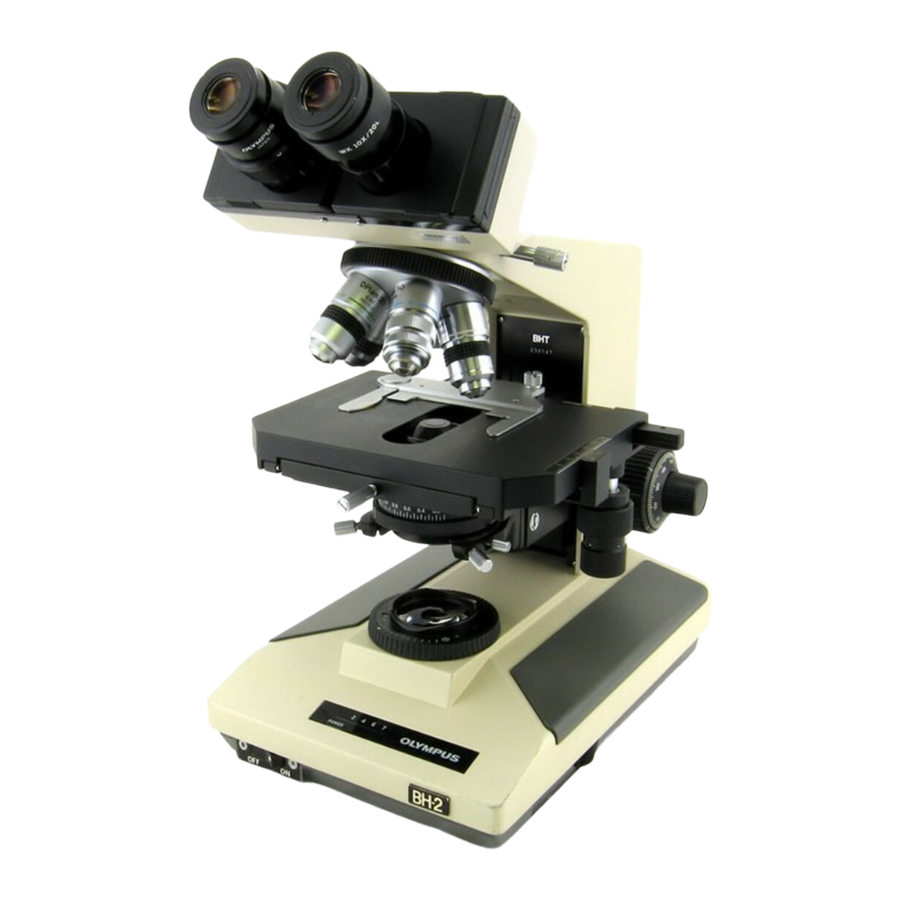Figure 47 – Grease the top pins of all three gears
Clean the old grease from the brass gear-retaining ring
and position the ring over the three drive gears,
orienting it with the three small holes placed over the
support pins on the drive-gear tops (see
Figure 48 – Gear-retaining ring in position over the gears
Use a suitable JIS screwdriver to reinstall the two
M2.6X6 flat-head countersink screws (on the left and
right sides) and the single M2.6X5 pan-head screw (in
the middle) to secure the brass gear-retaining ring in
position to hold the drive gears in place (see
Figure 49 – Reinstall screws to secure gear-retaining ring
Complete Teardown, Cleaning, and Reassembly of the Olympus BH-2 Coaxial Focus Mechanism
Figure
48).
Figure
49).
Withdraw the Coarse-Focus Shaft
Once the fine-focus gear cluster has been cleaned and
reassembled, grasp the coarse-focus knob on the right-
hand side of the pillar arm and withdraw the coarse-
focus knob and attached coarse-focus shaft from within
the hollow steel pinion (see
Figure 50 – Withdraw the coarse-focus shaft from pinion
Remove the Pinion Assembly from the Pillar Arm
The pinion assembly is secured to the pillar arm casting
by two M3X5 hex-head setscrews. These setscrews can
be very difficult to remove since they have been staked
in place with thread-locking adhesive, and this adhesive
has frequently flowed into the heads of the setscrews,
making it difficult to properly seat the Allen tool or
driver for removal. If this turns out to be the case, then
it is imperative that the adhesive fouling the setscrew
heads must be thoroughly removed before attempting
to remove the setscrews, otherwise the heads of the
setscrews may be damaged while attempting to break
the setscrews free, making their removal extremely
difficult.
This cannot be over-emphasized: All adhesive in the setscrew
heads must be thoroughly removed before attempting to loosen
these setscrews. Proceed carefully here to avoid damaging the
setscrews.
Clear the Adhesive from the Setscrew Heads
To loosen the adhesive securing (and fouling the heads)
of the setscrews, apply a drop of acetone onto each of
the setscrews and let it run into the screw heads and
into the threads and work for a bit. Be careful with the
acetone, as it will immediately destroy any plastic parts
with which it comes into contact. Since acetone dries
quickly, repeat this application as needed until the
setscrews have been continually wetted for several
minutes.
While keeping the setscrews wetted with
acetone, insert (or at least try to insert) the tip of a
1.5mm Allen tool or driver into one of the setscrew
heads. Tap the hex tool lightly with a mallet (if you hit it
too hard, you may break the tip of the tool off inside
the setscrew) while rotating the tool back and forth a
Figure
50).
Revision 4
Page 19 of 40

